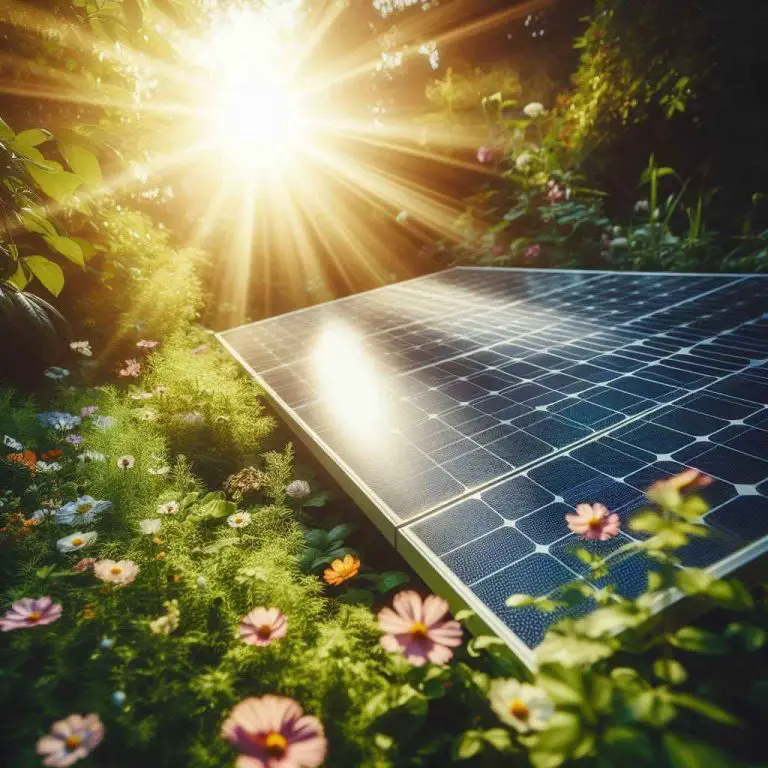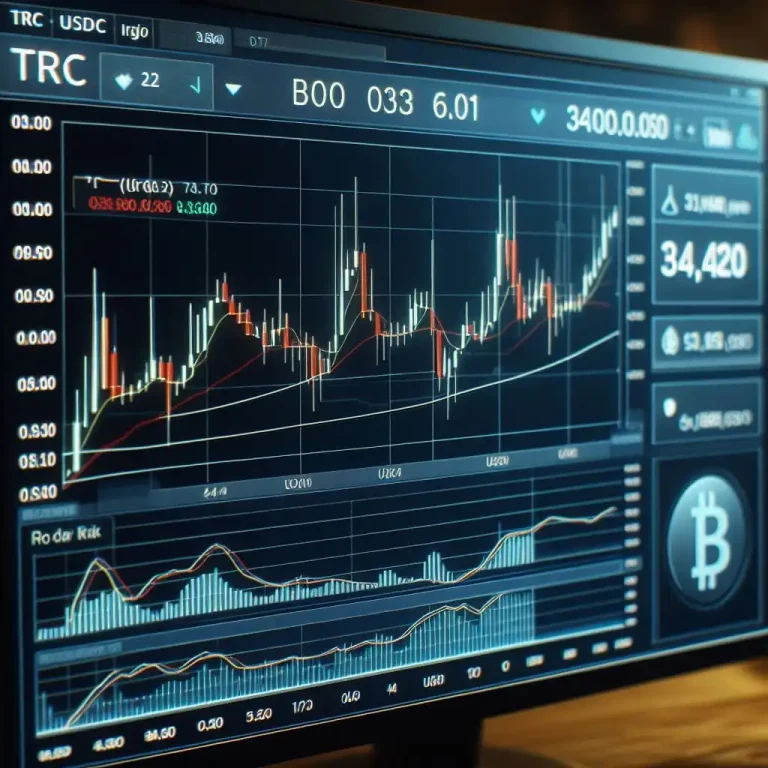Understanding the Benefits and Limitations of Hybrid Inverter Solar Systems

In the quest for sustainable energy solutions, solar power stands out as a beacon of environmentally-friendly power generation. Yet, the conversation around harnessing this power becomes more nuanced. This comes along as solar technology continues to advance.
One crucial innovation in the world of solar energy is the hybrid inverter solar system. This technology represents a critical link in the chain. In this comprehensive exploration, we’ll dissect the vital aspects of solar hybrid inverter systems.
If you want to find out about its benefits and inherent limitations, this article is for you.
Read on!
The Benefits of Hybrid Inverter Solar Systems
Solar hybrid inverter systems have gained significant traction in the renewable energy market. This could mostly be due to their numerous benefits. Let’s explore them in detail and see why hybrid inverters for solar systems are gaining recognition as a game-changing technology for powering our future.
Energy Independence
With inverter solar systems, you are not reliant on grid electricity and can generate your power. This translates to lower bills and increased control over your energy usage. Plus, in case of power outages, you’ll still have access to electricity.
Maximized Energy Utilization
Unlike traditional solar systems that only allow the use of excess energy generated, hybrid inverter systems can store unused energy in batteries for later use. This ensures maximum energy utilization and minimizes wastage. Plus, it provides a backup during times of low solar generation.
Peak Load Shifting
Peak load shifting refers to the ability of hybrid inverter systems to shift energy usage from high-demand periods to low-demand periods. This not only reduces your electricity costs. It also helps alleviate strain on the grid during peak hours. Plus, it allows for the optimal use of solar energy, which is highest during peak hours.
Backup Power Capability
In case of power outages, hybrid inverter systems can seamlessly switch from grid-connected mode to off-grid mode. This provides backup power for your home or business. It also eliminates the need for a separate backup generator. Thus, saving costs and reducing emissions.
Space-saving Design
Hybrid inverter systems combine the functionality of a traditional solar system and a battery storage system into one unit. This eliminates the need for separate components. Thus, saving space and reducing installation costs.
Moreover, the compact design of hybrid inverters makes it easier to expand and upgrade the system in the future.
Scalability and Flexibility
Hybrid inverter systems are easily scalable. This allows you to add more panels or solar batteries as your energy needs grow. They also offer flexibility in terms of installation locations. Thus, making them suitable for a variety of settings. This makes them a viable option for both residential and commercial use.
Grid Interaction Benefits
Hybrid inverter systems can interact with the grid. This allows for grid stabilization and reduces the need for costly infrastructure upgrades. This helps to maintain a reliable and efficient grid system.
Hybrid inverter systems play a crucial role in ensuring grid stability and resilience. This comes along with the increasing adoption of renewable energy.
Environmental Benefits
As with all solar systems, hybrid inverter systems produce clean and renewable energy. This helps by reducing our reliance on fossil fuels and mitigating environmental impacts such as air pollution and carbon emissions. This makes them a crucial tool in the fight against climate change.
Cost Savings
Hybrid inverter systems may have a higher upfront cost compared to traditional solar systems. Yet, they offer significant long-term savings. With reduced energy bills and potential government incentives, the system pays for itself over time.
Remote Monitoring and Control
Many hybrid inverter systems come equipped with remote monitoring and control capabilities. This allows users to:
- Track their energy usage
- Monitor system performance
- Make adjustments
They can do this from anywhere using a computer or smartphone.
Extended Lifespan
The integration of batteries in hybrid inverter systems not only provides backup power. It also helps to extend the lifespan of the entire system. By reducing strain on the panels, batteries allow for more efficient energy production and storage, leading to a longer-lasting system.
The Limitations of Hybrid Inverter Solar Systems
While hybrid inverter systems offer many benefits, they also have some limitations that must be considered before making the switch. Let’s take a look at some of them.
Higher Initial Cost
As mentioned earlier, hybrid inverter systems can have a higher initial cost. This could be mostly due to the integration of batteries and additional components. This may make them less accessible for individuals or businesses on a tight budget.
Maintenance and Replacement Costs
Hybrid inverter systems require regular maintenance and occasional battery replacements. This can add to the overall cost of the system over time. Plus, batteries typically have a shorter lifespan compared to solar panels. So, they may need to be replaced more frequently.
Location-specific Limitations
The effectiveness of a hybrid inverter system may be limited by factors such as:
- Climate
- Shading
- Available space
It’s important to have a thorough assessment of your location before investing in this technology. Exploring the limits of solar panel efficiency though will help you be more confident about your solar investment based on your location.
Complexity of Installation
Hybrid inverter systems require more technical knowledge and expertise for proper installation and configuration. This makes it necessary to hire a professional installer. This may add to the overall cost of the system.
Reliance on Battery Technology
As hybrid inverter systems rely heavily on battery storage, any advancements or changes in battery technology could potentially affect their efficiency and performance. This makes it important to regularly monitor and update the system as needed.
Compatibility with Existing Solar Systems
For those who already have a traditional solar system in place, adding a hybrid inverter may not be compatible or cost-effective. It’s important to carefully consider the compatibility and integration of systems before making any changes.
Disposal of Batteries
As with all electronic devices, batteries used in hybrid inverter systems will eventually need to be disposed of. Proper disposal methods must be followed to prevent any environmental harm.
Understand the Benefits and Limitations of Hybrid Inverter Solar Systems
Hybrid inverter solar systems offer a multitude of benefits, including energy independence, maximum energy utilization, and cost savings. However, they also have limitations that must be considered before investing.
As solar technology continues to advance, it is important to stay informed and make educated decisions. So, don’t hesitate to explore this innovative technology and see how it can benefit you and your community in the long run.
To explore more articles, you can visit our blog page. We do have more!






